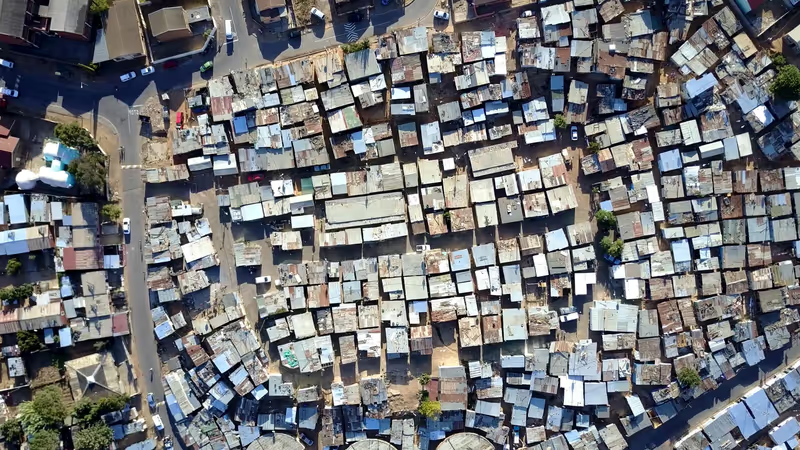| Student: | P.S.U. Eneche |
|---|---|
| Timeline: | December 2021 - 15 December 2025 |
Urban land surface temperature (ULST) is one of the most important drivers of the local climate of developing and highly populated cities situated in sub-Saharan Africa, such as Nigeria. It is usually the starting point for studying heat island development, proliferation and its attendant effects on urban residents and other ecosystem services. Currently, our systematic literature review has shown that the behaviour of this phenomenon is complex and non-linear, with at least 432 unique metrics that have been used to model its dynamics. Therefore, to understand ULST and develop a strategic plan to mitigate it, it is necessary to identify its key drivers in different landscape characters. In this study, highly populated cities in Nigeria, i.e., Port Harcourt and Lagos are selected based on their broad landscape character categories: climate, topography, parent material and presence of heat sinks (e.g., presence or proximity to major waterbodies and parks/gardens).
A systematic literature review has been conducted to identify robust drivers influencing surface temperatures in urban landscapes. This research aims to integrate these findings with the practical knowledge and expertise of local stakeholders, thereby democratising the modelling process. This collaborative approach is designed to uncover additional drivers in the selected landscape characters which are not previously captured in the literature or known to researchers. By combining robust metrics with stakeholders' insights, the study will explore key ecological interactions and dependencies that shape ULST dynamics in specific landscape characters of the hitherto mentioned cities. Therefore, to ensure a comprehensive and inclusive model, we propose employing a collaborative Agile methodology to engage all stakeholders actively, ensuring that all crucial metrics for ULST modelling are thoroughly considered and incorporated.
Lastly, the study proposes the development of a pilot green infrastructure-based planning support system (GIPSS) using the model developed in this study to simulate ULSTs and green infrastructure development for strategic urban planning. Open-source tools like Python, QGIS, Tableau, and Google Earth Engine, integrated with machine learning techniques, where necessary, will be used. The results are to be made actionable and all datasets made publicly available. Therefore, this research culminates in the development of an innovative, flexible, and open-source tool, designed for stakeholders (in different landscape characters) to bolster urban environmental resilience against surface urban heat island development and its attendant effects, and consequently mitigate climate change. In addition, stakeholders’ readiness, and willingness to adopt the proposed GIPSS, including its usefulness and usability will be evaluated, thereby offering empirically based recommendations for its practical implementation as a planning support tool.






